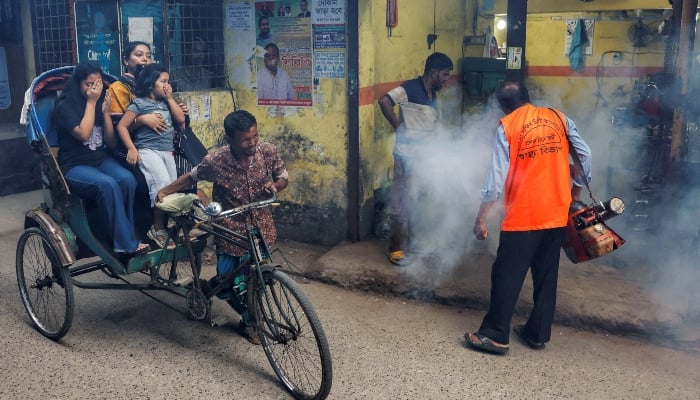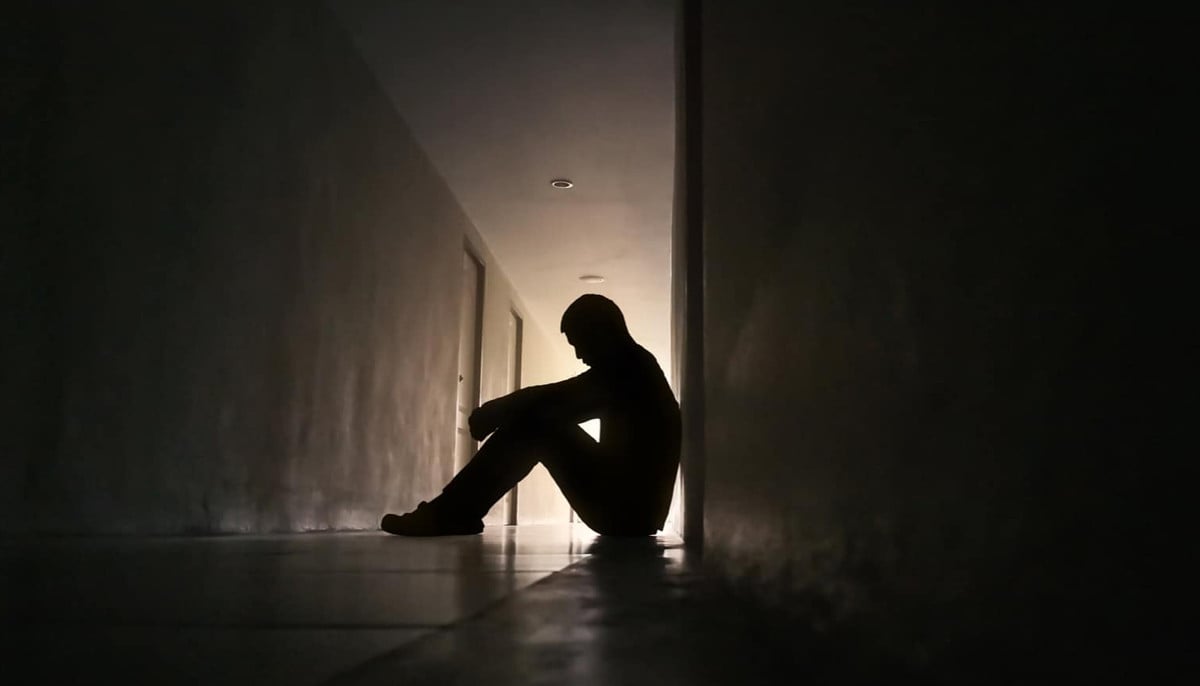Over 400 die in Bangladesh as dengue crisis deepens
Biggest dengue outbreak in years being attributed to longer monsoon season and warmer temperatures in delta nation
More than 400 people have died in Bangladesh's biggest dengue outbreak in years, which is being caused by an increase in infections brought on by warmer temperatures and a longer monsoon season.
Hospitals are finding it difficult to handle the outbreak, especially in metropolitan areas.
According to the most recent official statistics, 78,595 individuals were admitted to hospitals across the country in 2024, and at least 407 people died as a result of the related complications this year.
By mid-November, 4,173 patients were being treated, with 1,835 of them in Dhaka, the capital, and 2,338 elsewhere.
"We're witnessing monsoon-like rainfall even in October, which is unusual," said Kabirul Bashar, a zoology professor at Jahangirnagar University.
Shifting weather patterns caused by climate change provided optimal conditions for the Aedes aegypti mosquito, the primary carrier of the disease, he added.
"These changes in the season are fostering ideal conditions for the mosquitoes to breed."
Dense populations in cities exacerbate the spread of the disease, usually more common in the monsoon season from June to September though it has spilled beyond that window this year.
A rise in temperatures and longer monsoons, both linked to climate change, have caused a spike in mosquito breeding, driving the rapid spread of the virus.
Bashar called for year-round vector surveillance in Bangladesh to monitor and rein in the disease.
If detected early and treated properly, deaths from dengue can be reduced to less than 1%, said a renowned physician, Dr ABM Abdullah, adding, "Early diagnosis and prevention are key to controlling dengue."
Last year was the deadliest on record in the current crisis, with 1,705 deaths and more than 321,000 infections reported.
The growing frequency and severity of outbreaks strain Bangladesh’s already overwhelmed healthcare system, as hospitals battle to treat thousands of patients.
Health officials have urged precautions against mosquito bites, such as mosquito repellents and bed nets, while experts want tougher measures to eliminate the stagnant waters where mosquitoes breed.
Delays in seeking treatment, particularly among rural populations who must travel long distances to specialised facilities in Dhaka, are swelling the toll, doctors said.
The disease can often show only mild initial symptoms that go undiagnosed until patients are critical.
-
Selena Gomez explains why she thought lupus was 'life-or-death'
-
How Kim Kardashian made her psoriasis ‘almost’ disappear
-
Nick Jonas gets candid about his type 1 diabetes diagnosis
-
Sir Jackie Stewart’s son advocates for dementia patients
-
5 celebrities you didn't know have experienced depression
-
Late James Van Der Beek inspires bowel cancer awareness post death
-
Bella Hadid talks about suffering from Lyme disease
-
Gwyneth Paltrow discusses ‘bizarre’ ways of dealing with chronic illness













